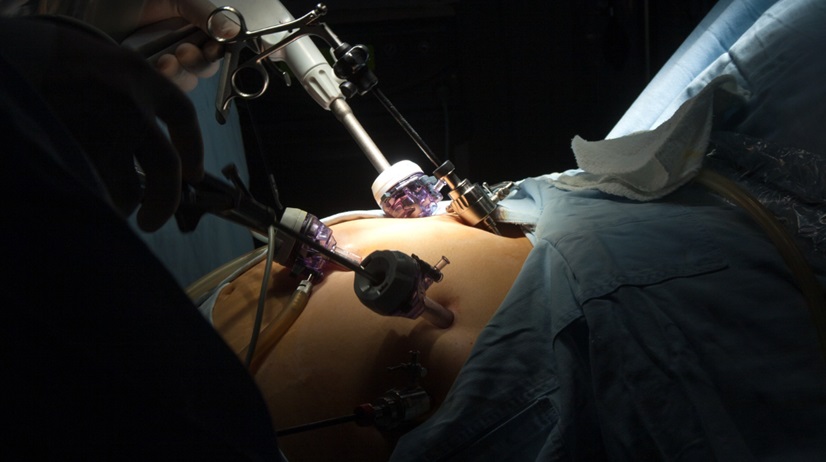Gastric sleeve surgery is a life-changing procedure supporting weight loss and improving overall health. If you’re exploring the possibility of undergoing a gastric sleeve near Cobb County, it’s essential to understand what the process entails. This article will guide you through what to expect before, during, and after the surgery, helping you prepare physically and emotionally for the transformation. With benefits like improved mobility, lower risk of obesity-related conditions, and enhanced quality of life, gastric sleeve surgery can be a powerful tool. However, making an informed decision with proper knowledge and expectations is key to long-term success.
Preparing for Gastric Sleeve Surgery
Preparation for surgery is a critical step in ensuring the procedure’s success.
Your healthcare provider will likely put you on a pre-surgical diet to shrink your liver and increase safety during surgery. They may recommend a low-calorie, high-protein diet to enhance your results. Additionally, you’ll need to undergo medical tests such as blood work and imaging tests to evaluate your readiness. Many patients wonder why they have bad breath after gastric sleeve surgery, which can often be attributed to dietary changes and ketosis during the recovery process. Equally important, mental preparedness is essential. Before the surgery, you’ll meet with healthcare professionals, who may include a dietitian and a psychologist, to discuss how this surgery will impact your daily life, diet, and habits.
What Happens During the Surgery?
The procedure itself is relatively straightforward but requires a skilled surgical team.
Gastric sleeve surgery is performed laparoscopically, which means small incisions are made to insert surgical tools. During the procedure, about 75-80% of your stomach is removed, leaving a tube or “sleeve”-shaped stomach that holds less food. The surgery is typically completed within a few hours, and most patients stay in the hospital for one to two days for observation.
You’ll be under general anesthesia throughout, ensuring a pain-free experience. Thanks to the procedure’s minimally invasive nature, recovery tends to be quicker than more invasive weight-loss surgeries.
After the Surgery
Adjusting to your new lifestyle starts immediately after surgery, and the recovery phase is just as crucial as the surgery itself.
Initially, you’ll be on a liquid diet for several weeks, gradually transitioning to pureed and solid foods under the guidance of your healthcare provider, and paying close attention to what and how you eat is key to achieving and maintaining weight loss success. For many, this process also brings emotional and psychological benefits. According to an insightful exploration of the mental health benefits, significant weight loss can lead to improved mental well-being by fostering self-esteem and reducing anxiety.
You must also attend regular follow-up appointments to monitor your nutritional health, weight, and overall progress. Healthy habits like regular exercise, staying hydrated, and avoiding high-sugar foods will be vital to your long-term success.
Conclusion
Gastric sleeve surgery is a significant commitment that brings life-altering results. By fully understanding what to expect before, during, and after the procedure, you’ll be better prepared to make this life-changing decision. From pre-surgery preparation to post-surgery recovery and beyond, this process combines medical care and personal determination. The right mindset and support system make achieving a healthier future possible. Maintaining long-term success requires adopting sustainable lifestyle changes, including a balanced diet and regular exercise. Additionally, consistent follow-ups with healthcare professionals ensure you stay on track and address any challenges.

